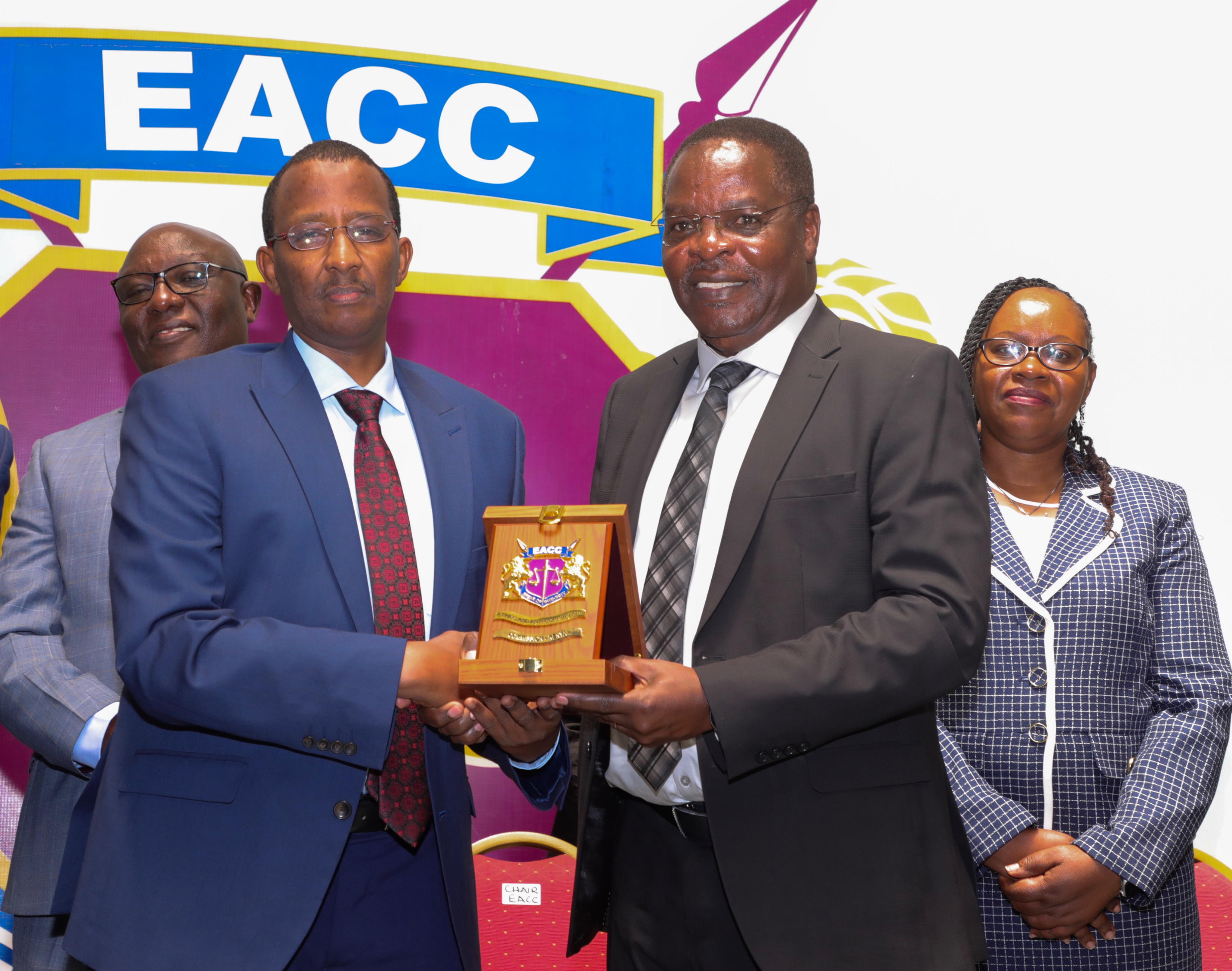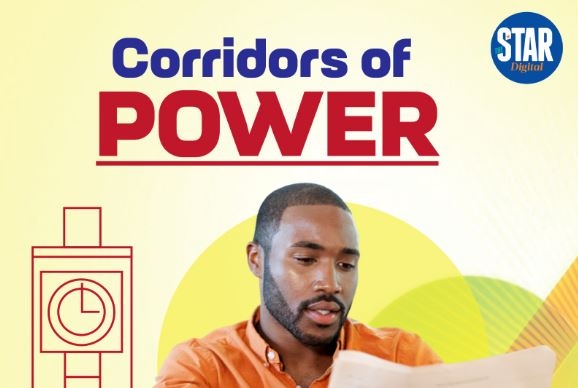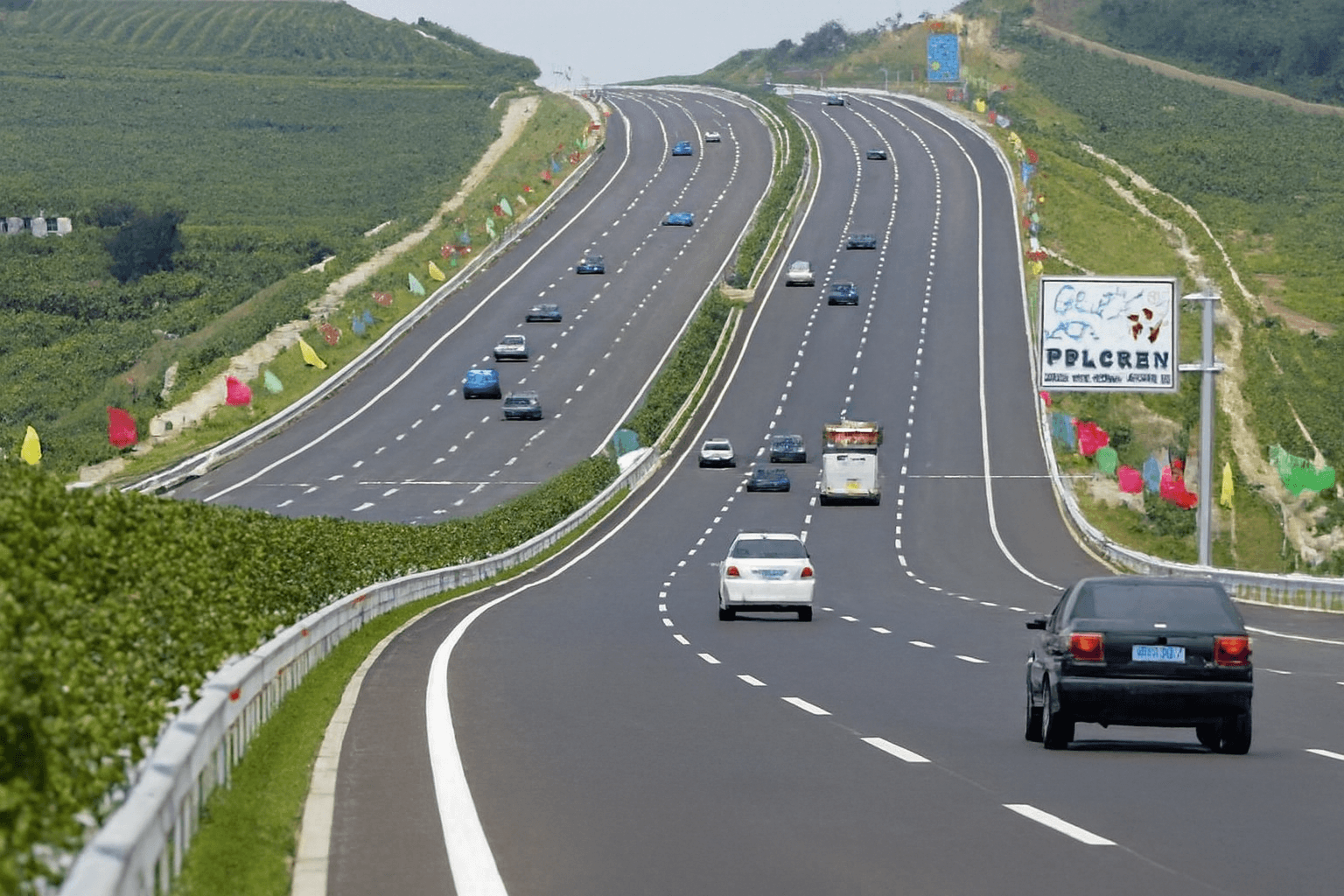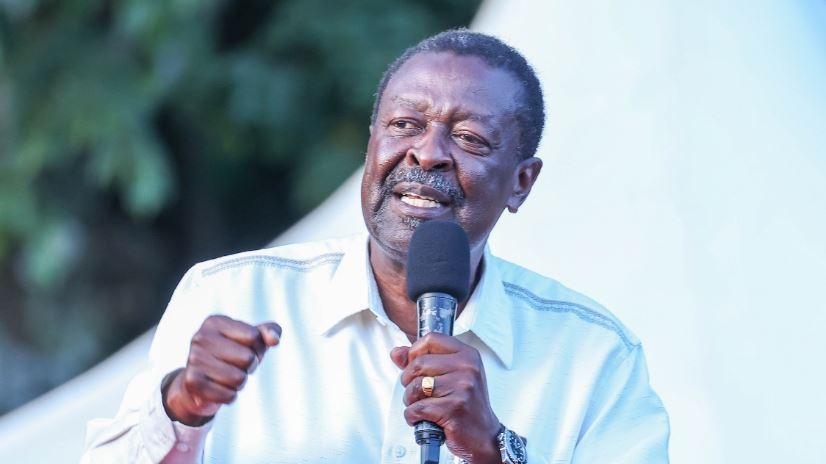
The Ethics and Anti-Corruption Commission (EACC) and the Independent Policing Oversight Authority (IPOA) have reaffirmed their commitment to closer collaboration in addressing corruption and unethical conduct within the National Police Service.
During a high-level meeting between EACC Chairperson David Oginde and IPOA Chairperson Ahmed Isaack Hassan, the two leaders outlined joint strategies to enhance accountability, share intelligence, and support reforms in the security sector.
Oginde emphasised the need to digitalise police processes to minimise bribery and human interference.
He referenced the 2024 National Ethics and Corruption Survey, which indicated that the police are among the institutions most affected by corruption, and called for reforms to rebuild public trust.
“The police service plays a critical role in enforcing the law. It is therefore important that its operations are free from corruption and that officers conduct themselves with integrity,” he said.
He added that digitisation would improve efficiency, transparency, and traceability of police actions, making it easier to monitor compliance and reduce opportunities for bribery.
Hassan affirmed IPOA’s readiness to work closely with EACC through joint investigations, ethics and integrity training, development of anti-corruption programs, and the establishment of a long-term partnership to support sustainable reforms.
“This collaboration will help ensure that police officers are held accountable for their actions while also receiving the training and support they need to maintain the highest standards of professionalism,” he said.
He further noted that IPOA will intensify its oversight role by conducting regular audits of police operations, investigating misconduct, and engaging the public to encourage reporting of corruption.
Both institutions described their partnership as a significant step toward restoring integrity and public confidence in Kenya’s law enforcement system.
















